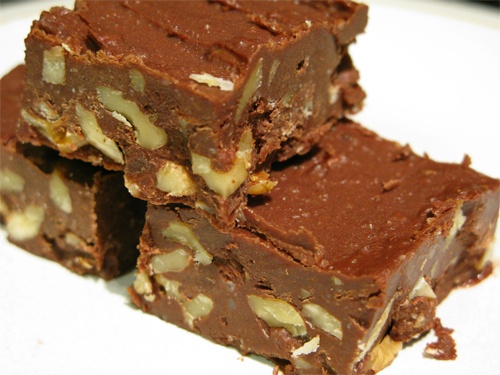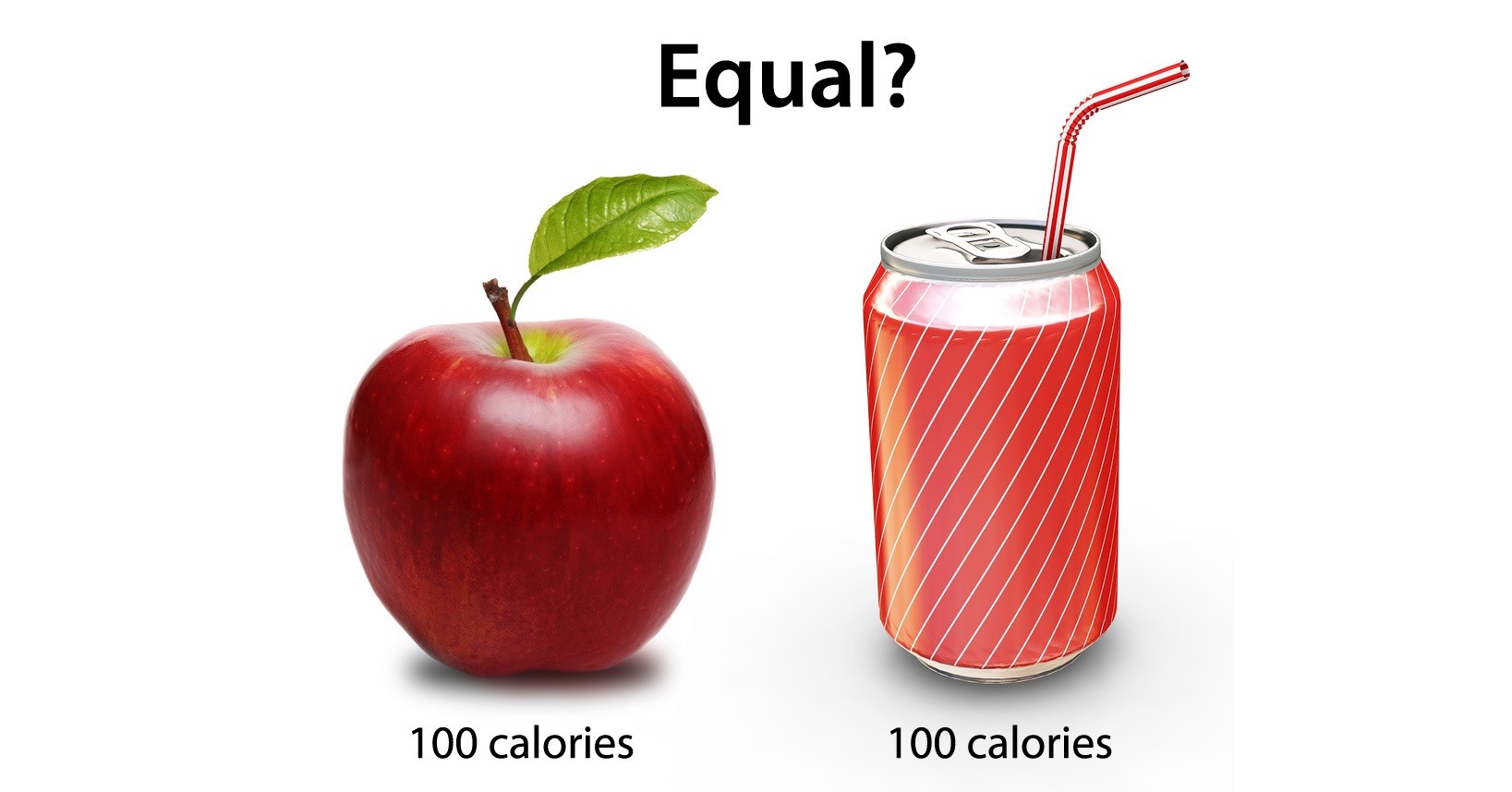Study: Medium Chain Fatty Acids in Coconut Oil Provide Sustained Energy for Athletes
Most of us are not used to considering dietary fat as a high source of energy for all-out exercise, athletic activity, and physical labor. Energy from fat has usually been associated with stored fat within the body as a reserve for when carbohydrate energy runs out. Now a 2018 Russian study using cross-country skiers as human subjects determined medium chain fatty acids (MCFA), normally contained in only a few saturated fats, supplied immediate energy during high demand athletic endeavors. These fatty acids don’t get stored as fat, but provide sustained energy. This truth can benefit all of us, not just athletes.






